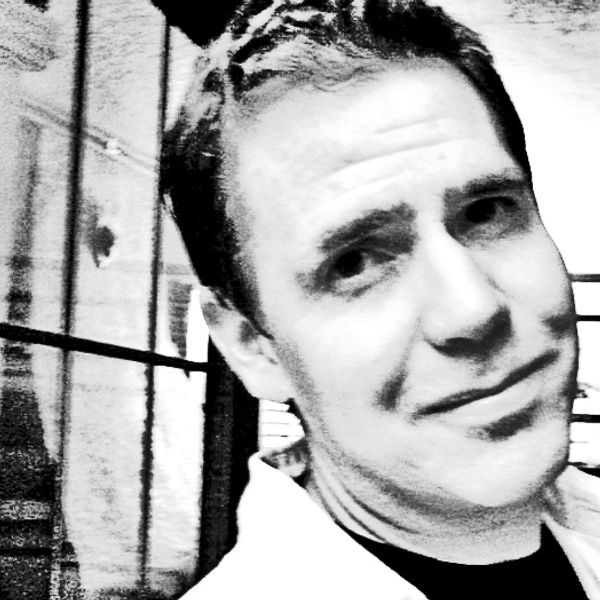Lia Purpura, Wasp Nest (detail), featured in AGNI 102
Hardest
People said hardest. Some said hardest in a hundred years. You thought those people weren’t specific enough. Others said ninety-seven. The man down the hill agreed, he said I was alive then. He said everything died. He said I was afraid I would lose the tip of my nose. He told me more than once a week that my cousin did and never looked the same.
What people meant by hardest was how cold. What I meant about worst was how alone. Coldest in at least over a hundred, you’d hear over and over. And it was cold, and it was dark, and the winds never stopped from the season we used to call fall clear through to now, what before was called summer. Cold has become all.
Emily Anne was fine if she heard you say coldest or hardest. But if she was near when you said worst, her head would swivel and she’d come toward you hollering worst never worse than what’s worse to come, worst never worse than what’s worse to come. Emily Anne was the woman everyone had seen before, somewhere. If you didn’t know who she was and someone said the woman who’s always barefoot, then you’d know who they meant. Or if they said the woman whose car is crammed full of boxes, or if they said the woman who smacks her lips, then you’d know who they meant. Emily Anne looked into your cart at the grocer’s, made noises with her mouth as she fingered the produce not yours yet. On the thin air of a season that wouldn’t end, above the winds and storms, you could hear her from anywhere in town. Worst never worse than what’s worse to come, over and over. Whenever I saw her, I would walk or drive away as fast as I could, but not so fast that she’d take special notice.
The season’s first freeze lasted for weeks and killed the madrones and the elms. The black walnuts cracked as loud as thunder and fell apart. The second freeze, cedars and cypresses lowered their branches to lean into one another as crooked sentries. Even the brambles of Armenian blackberry turned brittle and fell inward, showing the land around us flat and naked, birds competing with rats and raccoons for what was left of cover.
At the edge of the sea, a few dozen of us huddled around a fire. Everyone was grilling and eating wild-caught fish in honor of a man who’d died. I took only some slices of cold cheese, some sticks of celery for the hummus I’d spread on a paper plate. Emily Anne was there, the last time I ever saw her. Barefoot and wrapped in her moldy shawl, dancing around the fire. She coughed open-mouthed right into faces. She ate fish with her hands. She pulled dry Swiss cheese off my plate. She ran her thumb through the hummus smear, said never saw any of that. Each time around the fire, she looked into my eyes, waiting for me to do something other than what I was doing, which was holding my mouth closed best I could. When you look at a tree or stone that’s been long enough where it is, you see marks from storms and fires and other dark, hopeless winters. Here, the winds push mostly from west to east, coming off the sea. Last summer everything felt different. Back then all we saw coming was hope.
Monday I paid for a handful of small, hard oranges and talked to the grocer about things that will never end. I stumbled and used the word worst. Worst season, ever, I said. He winced and we both braced for the bare feet thwacking on tile, Emily Anne rushing down the produce section, rounding the case of frozen meat. Her worst never worse than what’s worse no longer there.

Philip James Shaw
Philip James Shaw is a folk artist born in 1970. More of his work can be found at philipjamesshaw.com. (updated 7/2025)
